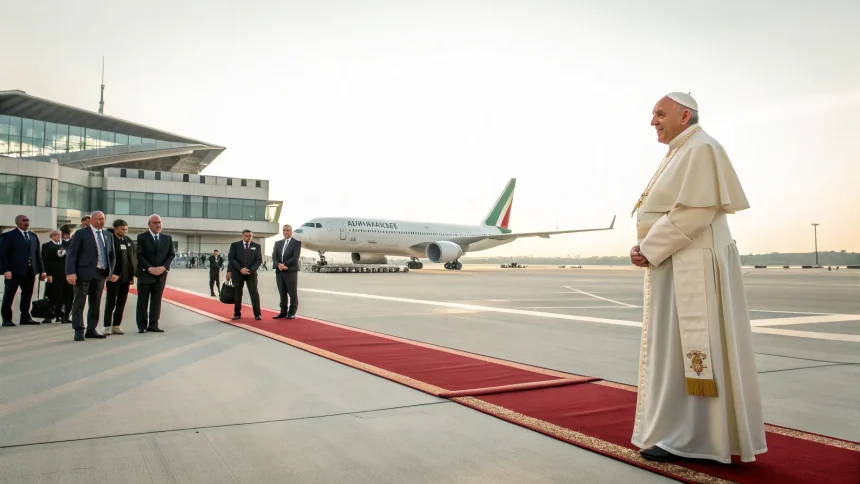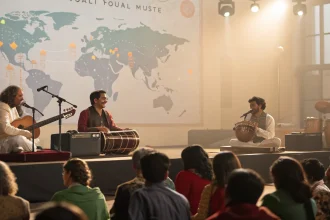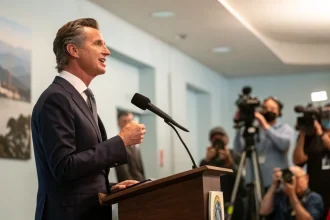Lebanon’s senior Catholic official announced Wednesday that Pope Leo XIII plans to visit the Middle Eastern nation, potentially marking the pontiff’s first trip outside Italy since his election to lead the Catholic Church.
The announcement comes as Lebanon continues to face significant political and economic challenges, with the country struggling through one of the worst financial crises in modern history while also dealing with regional tensions.
Significance of the Planned Visit
If confirmed, this visit would represent Pope Leo’s first international journey as head of the Catholic Church. The timing is notable as new pontiffs typically use their early foreign visits to signal diplomatic and religious priorities for their papacy.
Lebanon has historical significance for the Catholic Church, hosting one of the largest Christian communities in the Middle East. The country maintains a delicate religious balance with its population divided among Christians, Muslims, and Druze.
The Vatican has not yet released an official statement confirming the visit or providing details about its timing or agenda.
Lebanon’s Religious Landscape
Lebanon stands out in the Middle East for its religious diversity and constitutional power-sharing arrangement that distributes political positions among different faith communities:
- Maronite Catholics represent the largest Christian denomination in Lebanon
- The country’s president is traditionally a Maronite Christian
- Christians make up approximately one-third of Lebanon’s population
The Catholic Church has historically maintained strong ties with Lebanon. Previous popes, including Benedict XVI and John Paul II, made high-profile visits to the country, often advocating for peace and religious coexistence in the region.
Current Challenges in Lebanon
The planned papal visit would occur against a backdrop of severe challenges facing Lebanon. The country has been without a president for an extended period, while its economy has collapsed, with the local currency losing over 95% of its value.
Many Lebanese citizens, including Christians, have left the country in recent years due to the deteriorating conditions. A papal visit could bring international attention to the crisis and potentially encourage support for the struggling nation.
Regional tensions, including the conflict between Israel and Hezbollah along Lebanon’s southern border, add another layer of complexity to the security considerations for such a high-profile visit.
Catholic officials in Lebanon have expressed hope that the Pope’s visit might help promote stability and unity in the troubled nation. The senior Catholic official who made the announcement did not provide specific details about when the visit might take place or what activities would be included in the Pope’s itinerary.
The Vatican typically confirms papal trips several months in advance, following diplomatic protocols and security assessments. More information about the potential visit is expected in the coming weeks as arrangements are finalized between Lebanese and Vatican officials.









